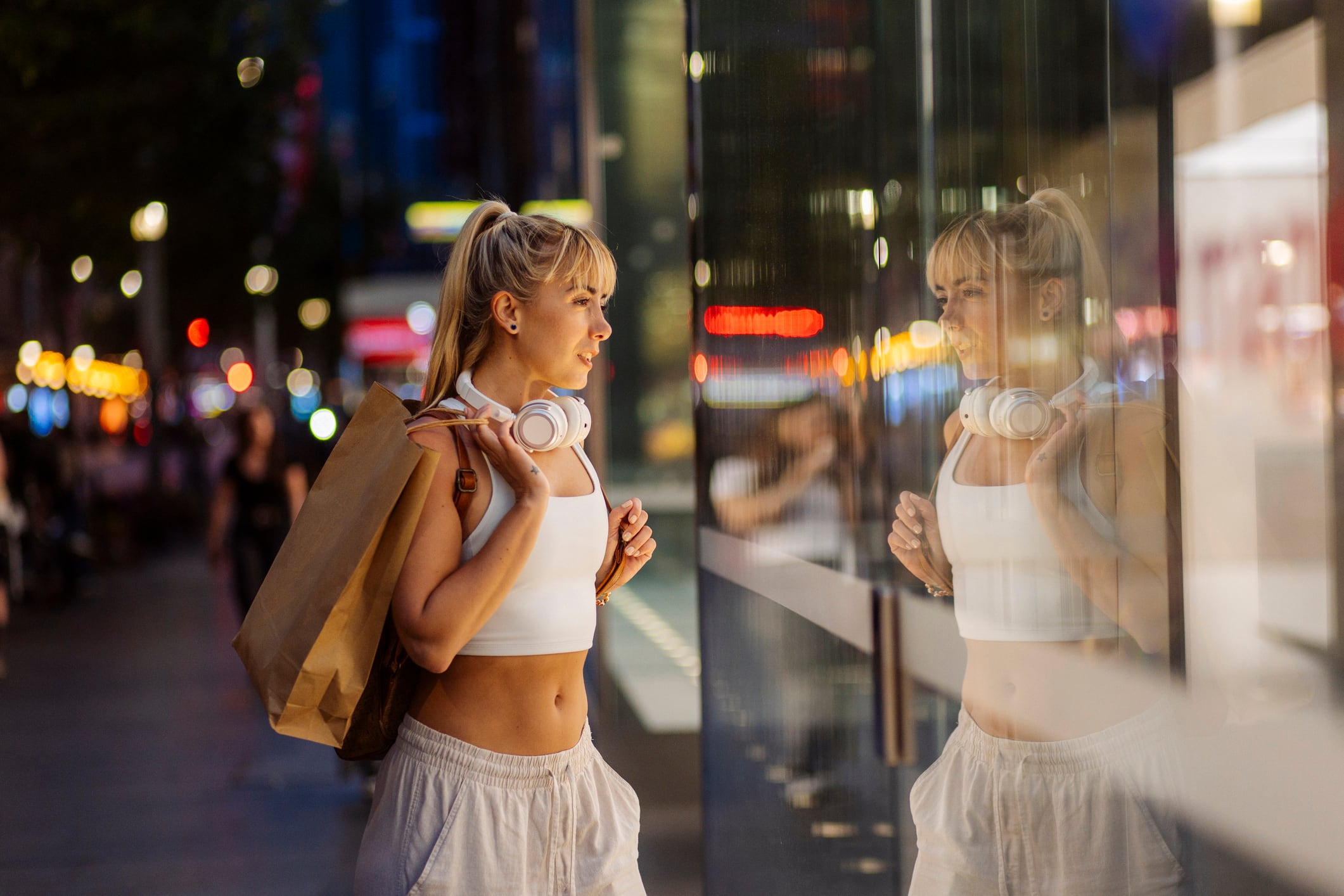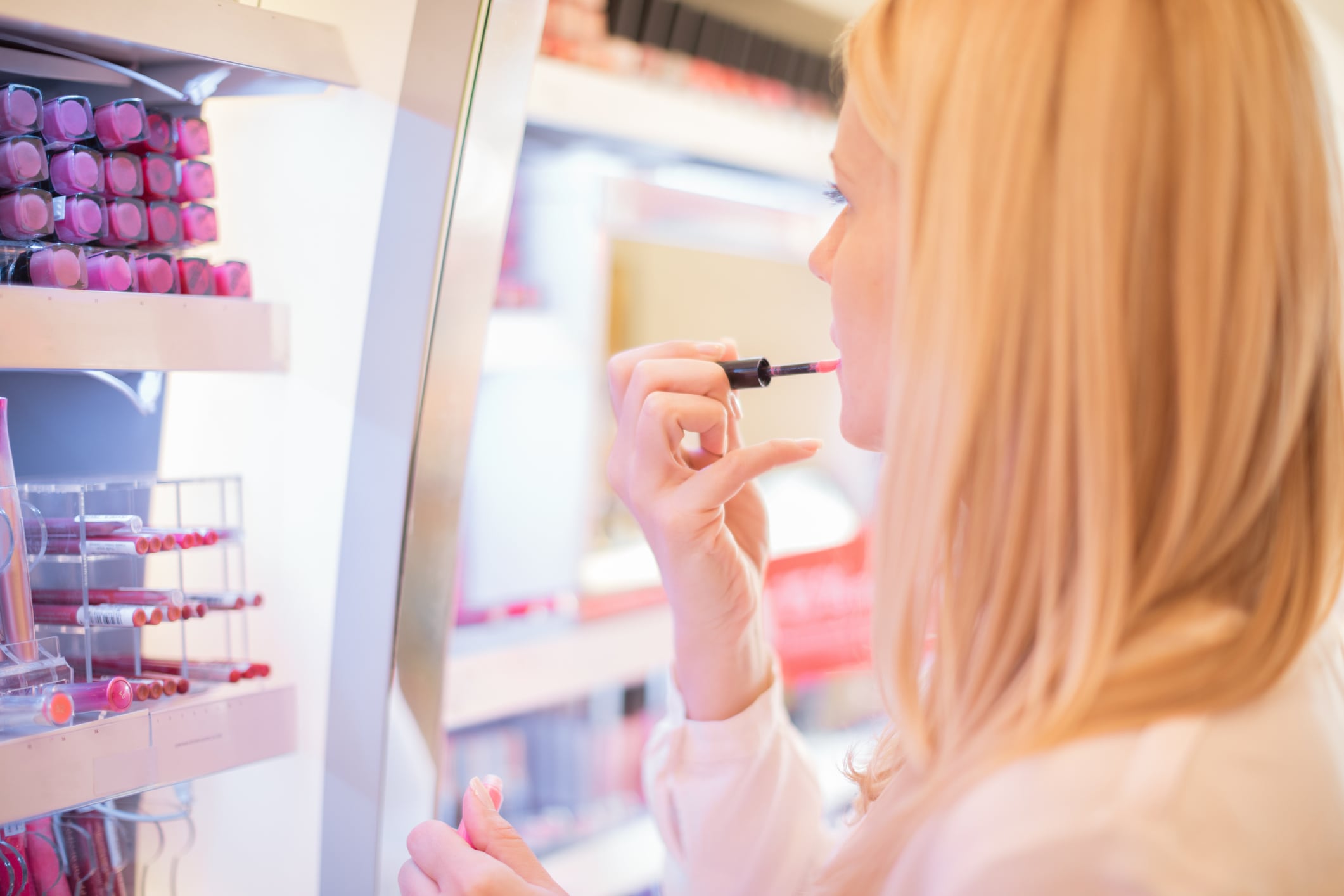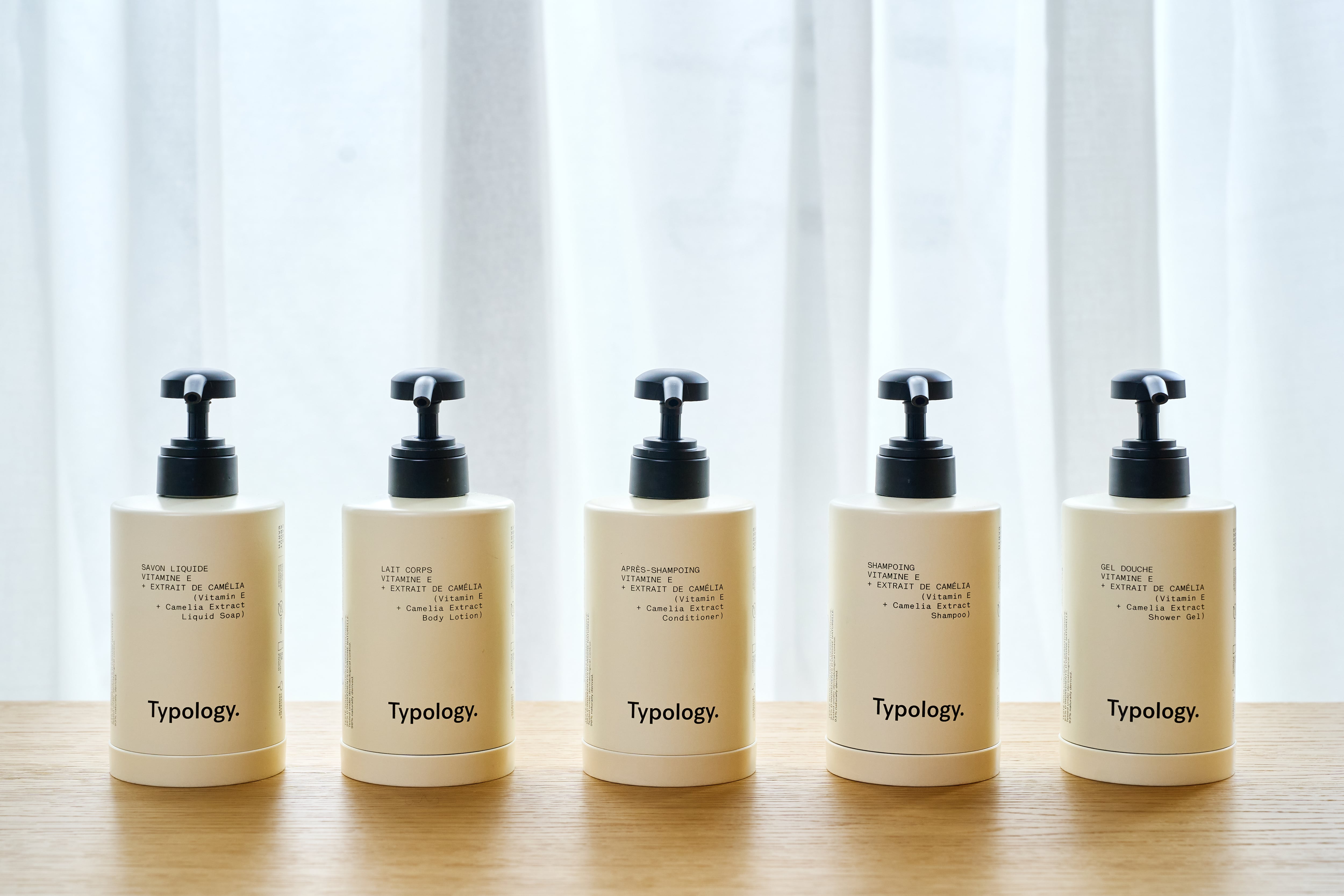Nivea has published its first ever Connect Compass, a global study on loneliness and social isolation that was conducted in 13 countries across five continents, which has recognised loneliness as a global phenomenon, touching millions of people from all walks of life.
Despite the increasing possibilities of digital connectivity, the research showed that more than half of the survey respondents felt lonely, and one in five said they often felt isolated. It appeared that young people are particularly affected – as one-in-four people aged between 16 and 24 reported feelings of isolation.
Overall, one-in-five people reported often feeling lonely, while 56% said they feel lonely sometimes.
More than a third of the study participants who reported feeling lonely and isolated have experienced stress and helplessness; 40% said they experienced depression and anxiety, and almost 60% reported sadness.
Regional and demographic differences in loneliness
The report also uncovered demographic and regional differences. In Thailand 69% of people said they felt lonely sometimes; in South Africa this figure was 65%; in Nigeria 62%; and in the US 61%. In these countries, feelings of loneliness were significantly higher than the global average of 56%.
Meanwhile those living in Germany, China and Japan (47% each) and Saudi Arabia (49%) all reported lower levels of loneliness than the global average.
Vulnerable demographics included single people, those facing financial hardship, those living outside urban centres and excessive social media users.
The study also revealed that people’s biggest obstacle to finding solutions is stigmatisation. More than half (56%) of those who felt lonely said they found it difficult to ask for help.
Loneliness has a huge impact on health
According to Dr Julianne Holt-Lunstad, who is a scientific advisor to Nivea Connect and director of the social connection & health lab at Birmingham Young University, loneliness is just as harmful as smoking 15 cigarettes a day.
Dr Holt-Lunstad, who has been researching the topic of loneliness in great detail added that: “The consequences of loneliness are comparable to the risk of alcohol consumption, lack of exercise, obesity and air pollution.”
Nivea’s global president Grita Loebsack said that the brand is now on a mission to combat social isolation and its effects because human connection is so essential to our wellbeing.
“By creating spaces where people feel seen, heard and valued, we can help turn the tide and ensure that no one suffers in silence,” she said.
Destigmatising loneliness and social isolation
The research found that 63% of people with strong social connections felt happier. While family (67%) and friends (59%) are key sources of support, 31% said they couldn’t always rely on family members, including partners, which highlights the need to nurture even close relationships.
To tackle the worldwide problem of loneliness, the brand launched its global social mission Nivea Connect in September 2024.
Its goal is to educate and support communities, organisations and individuals globally and to destigmatise loneliness and social isolation.
Loebsack said that the brand now wants to “create an environment where asking for help is encouraged rather than feared.”
In July this year, the initiative will launch an international communication campaign to raise awareness of loneliness and isolation.
“Together, we can build a world where connection is a priority, where awareness leads to action, and where no one is left alone with a feeling of isolation,” Loebsack concluded.





